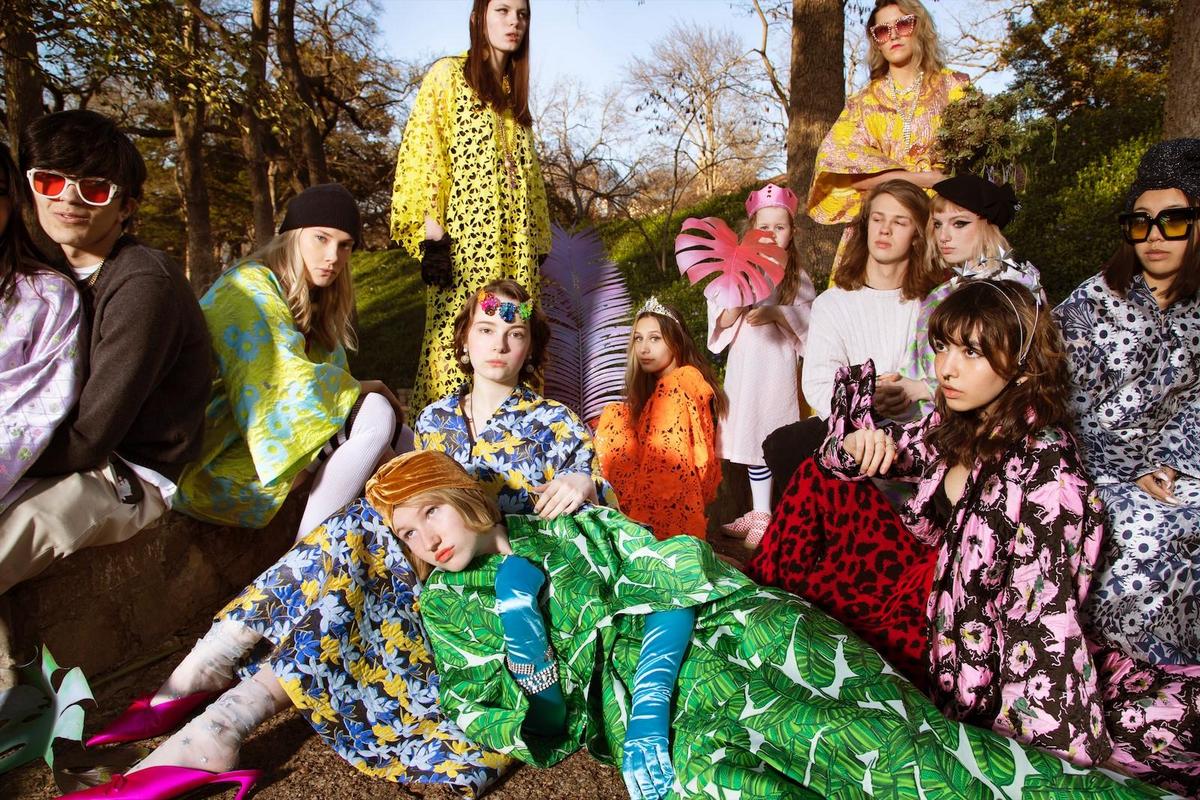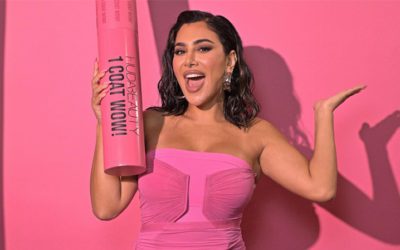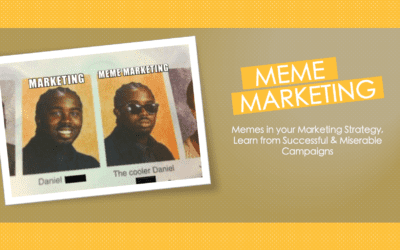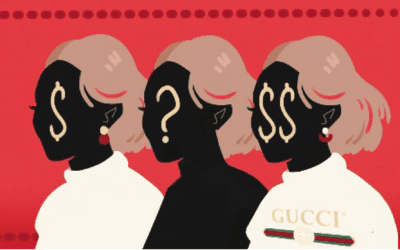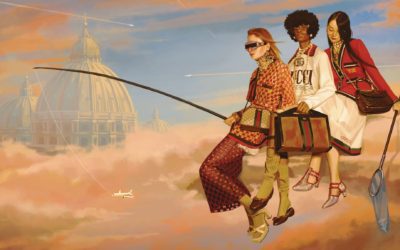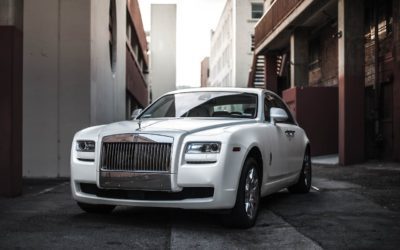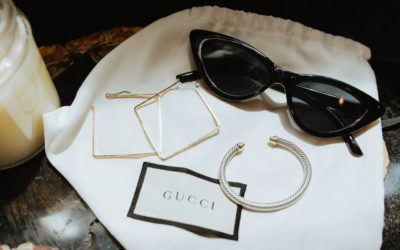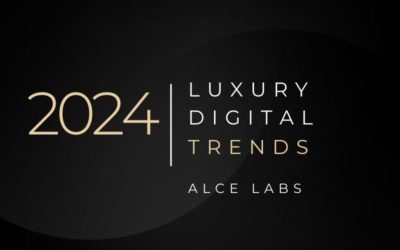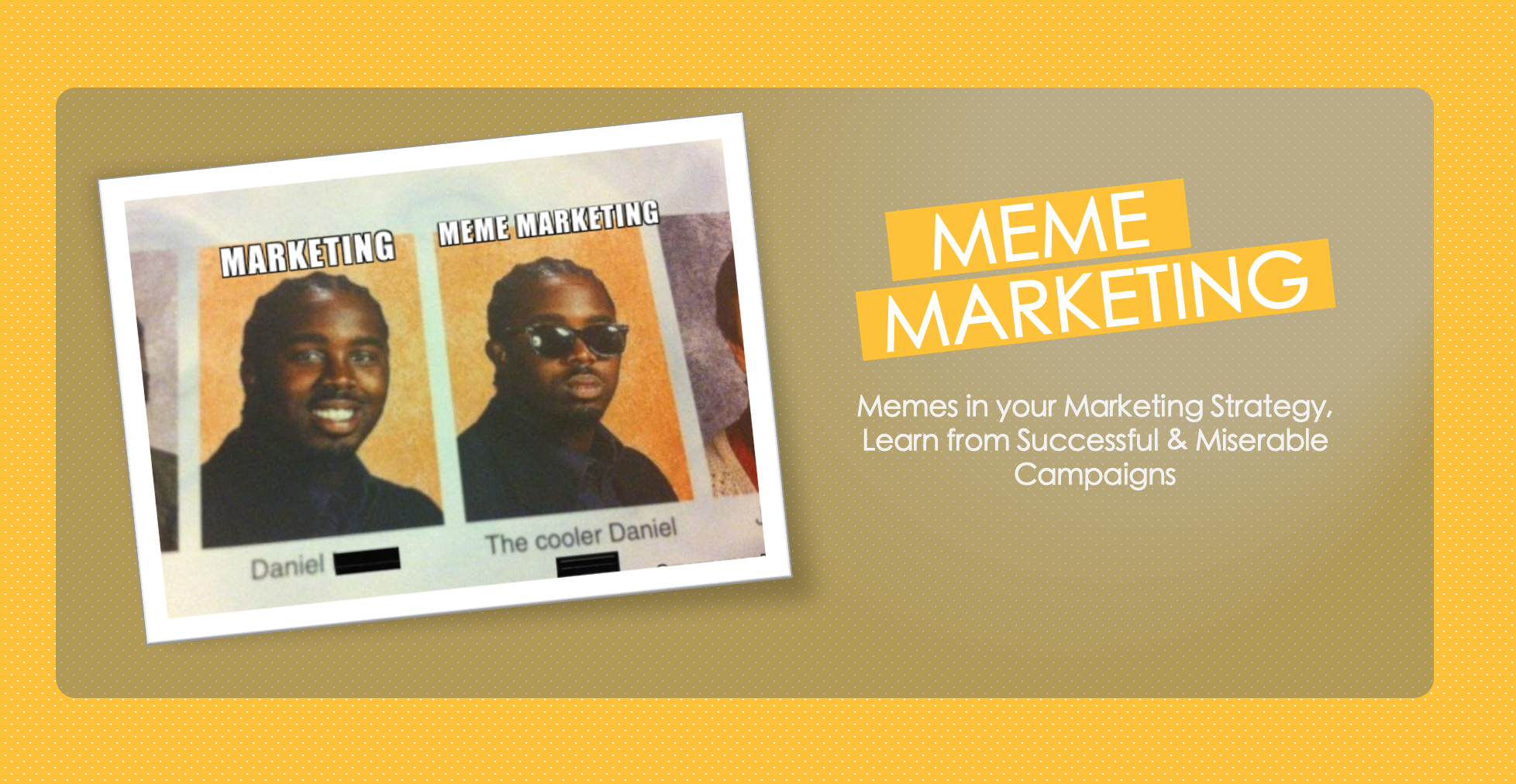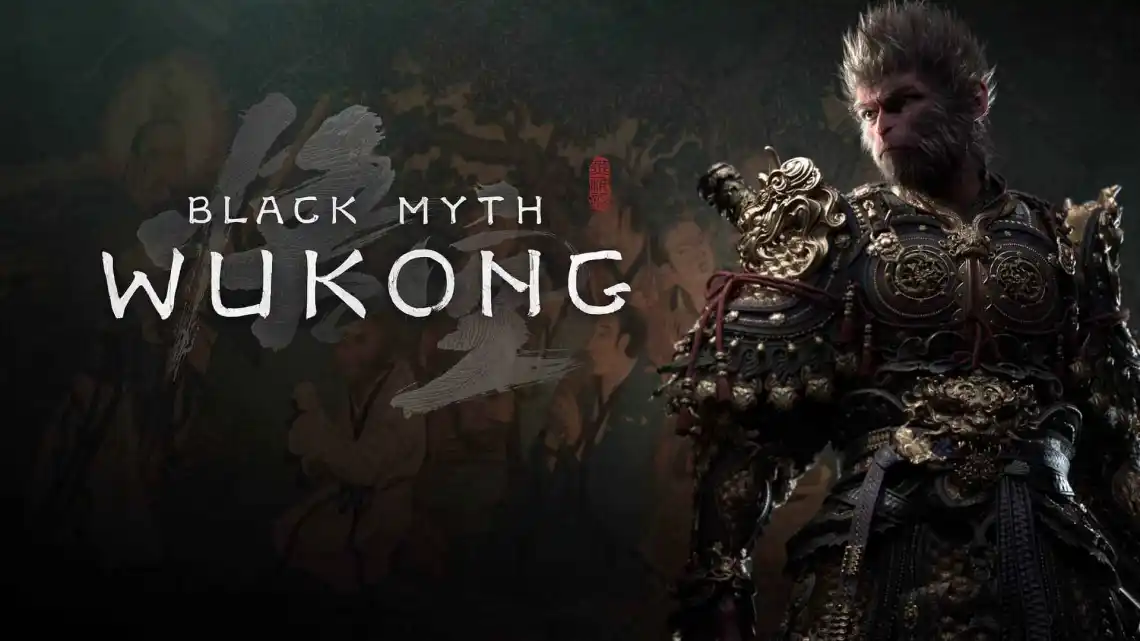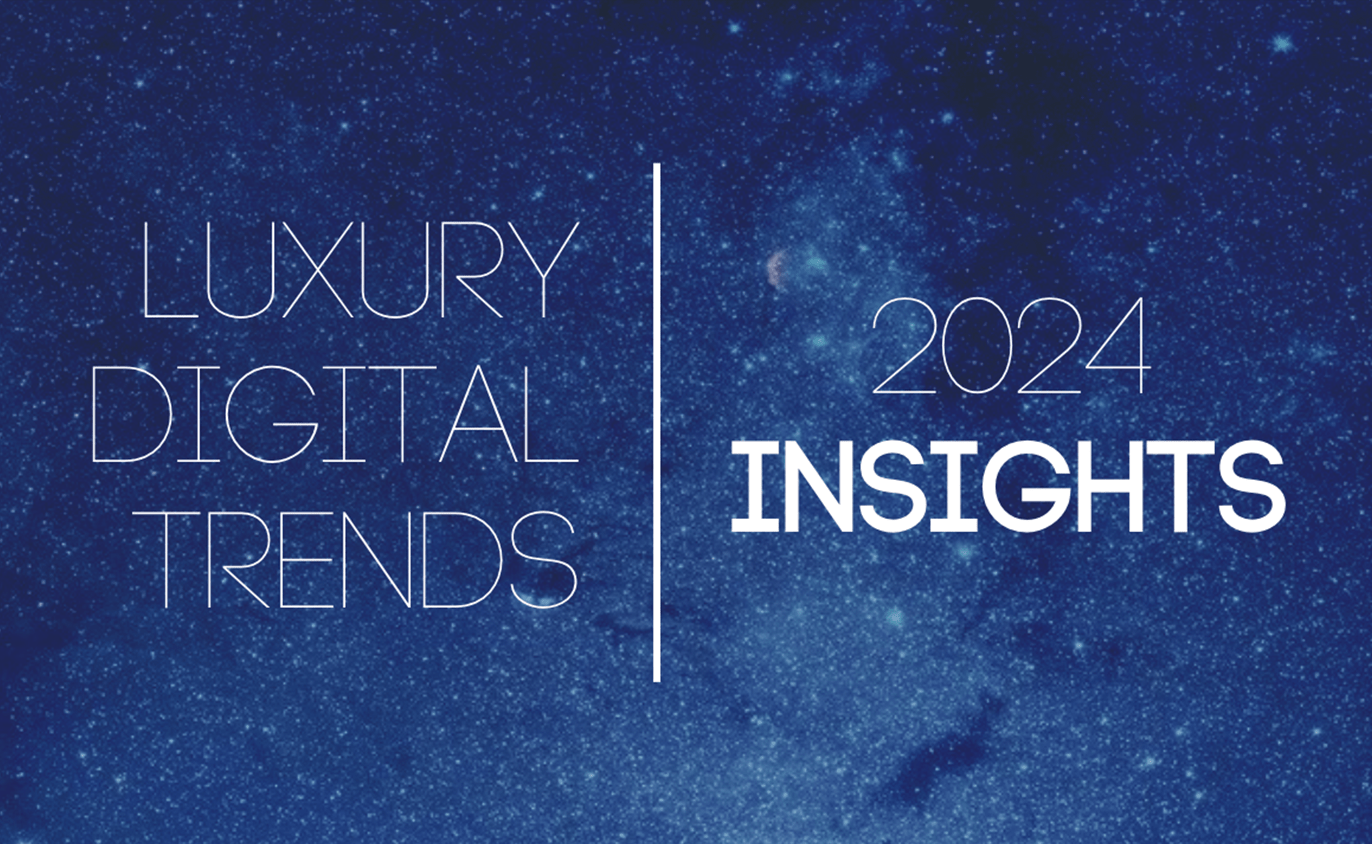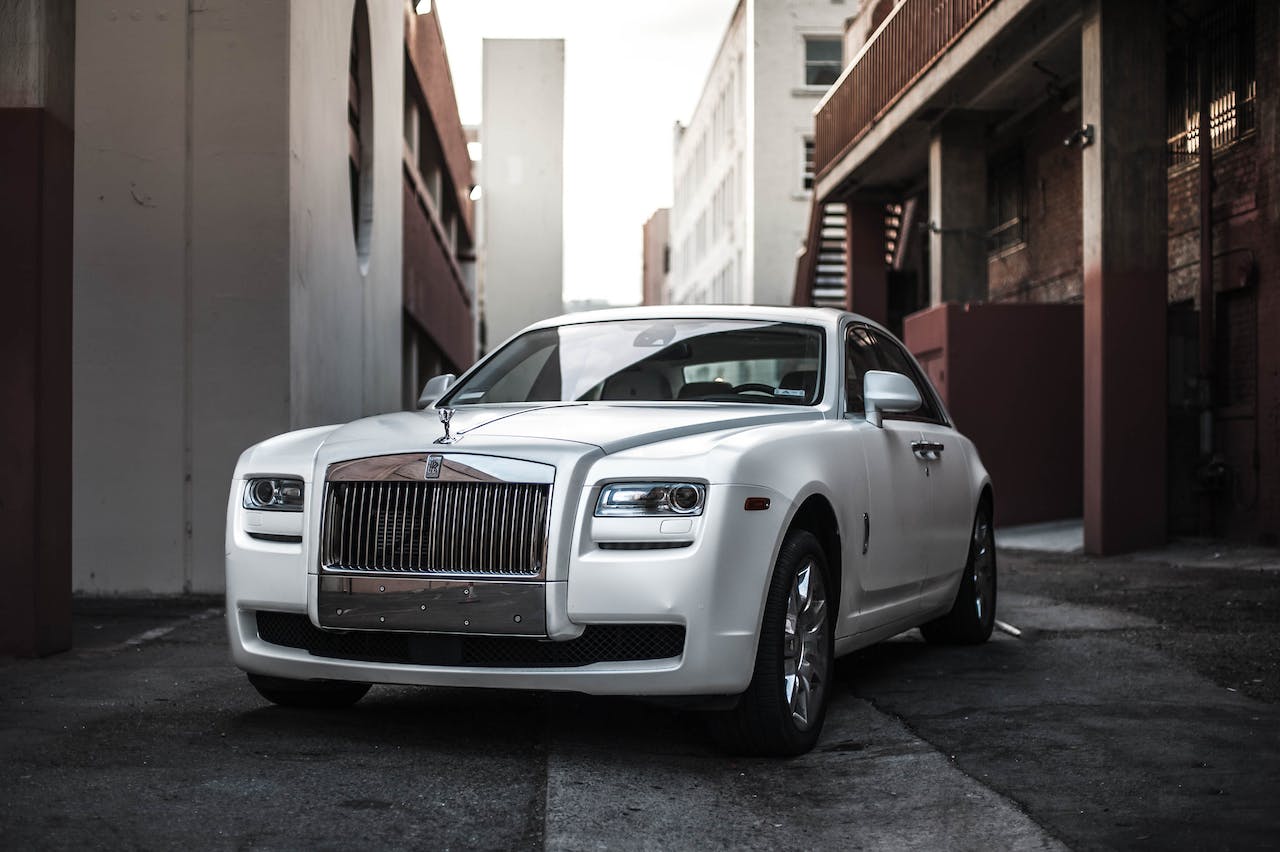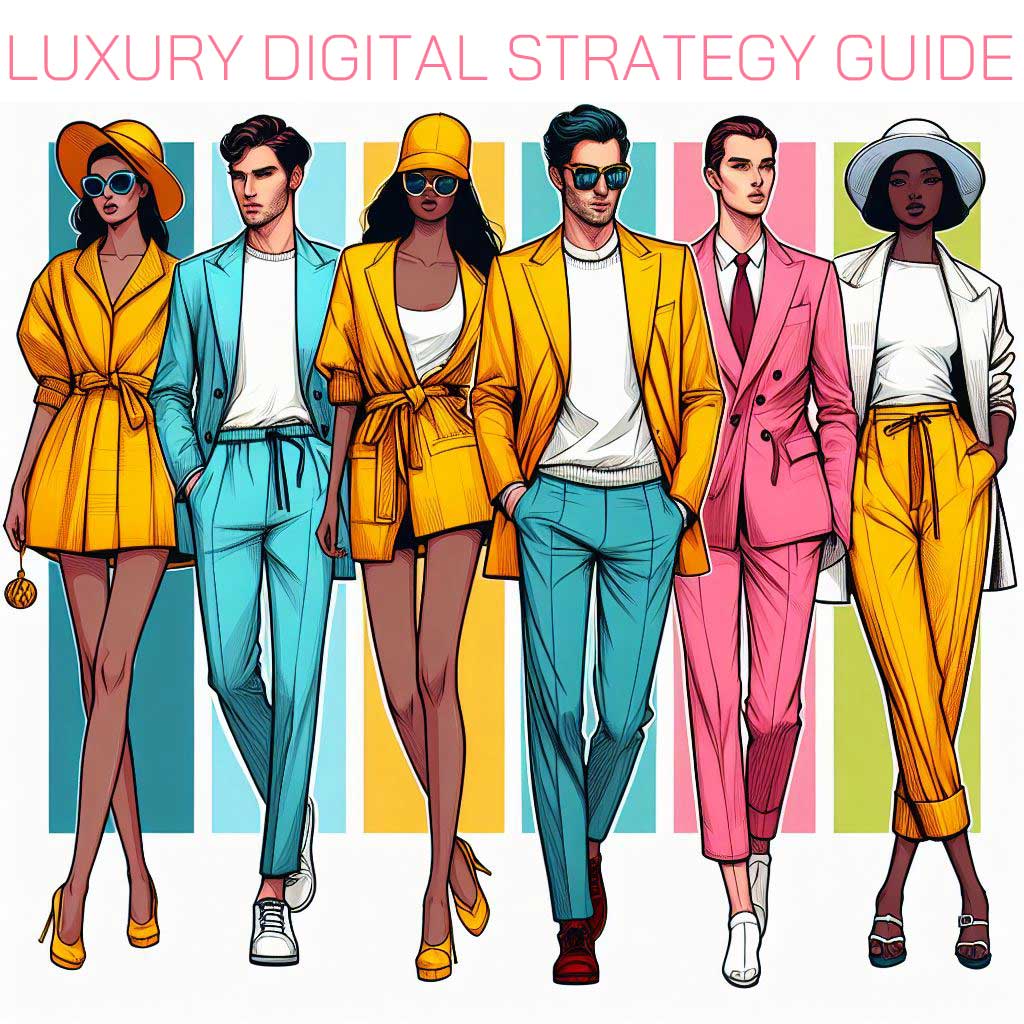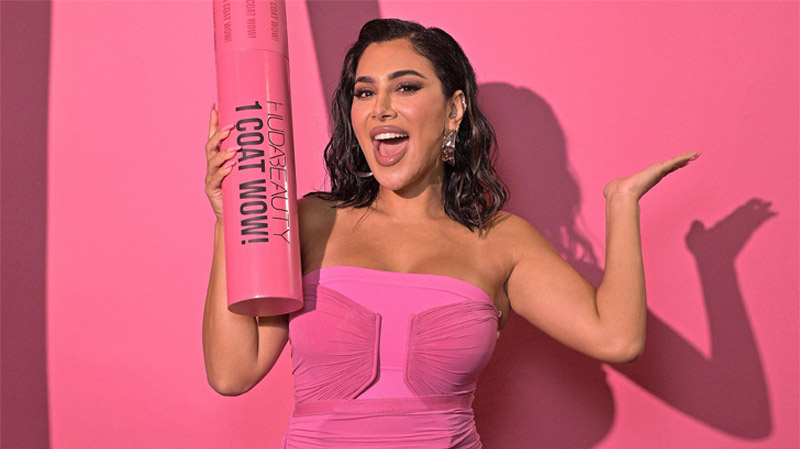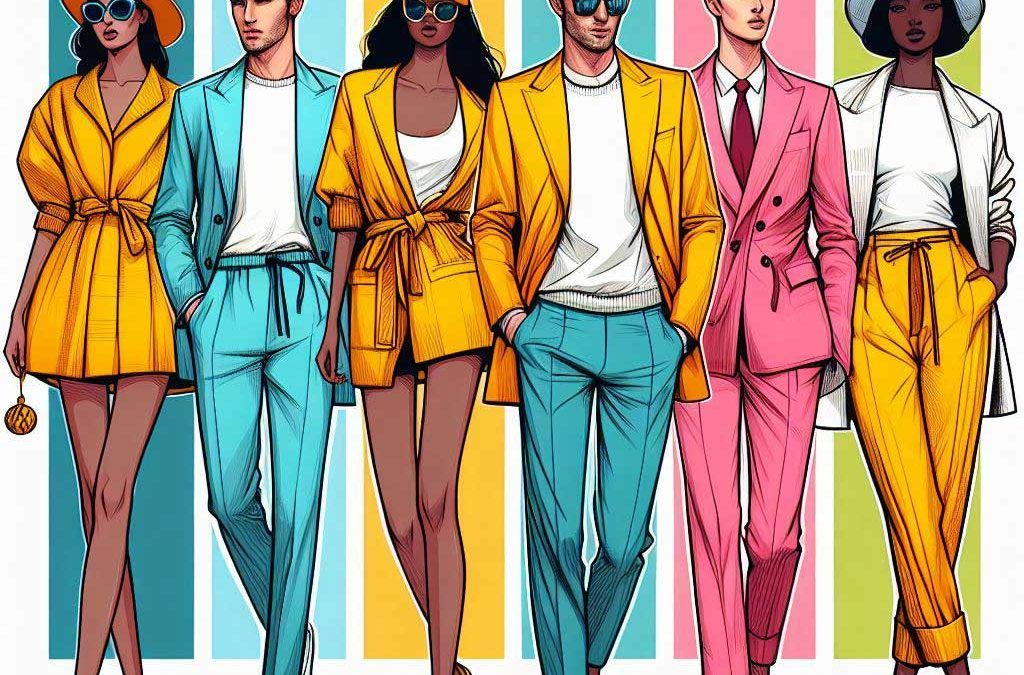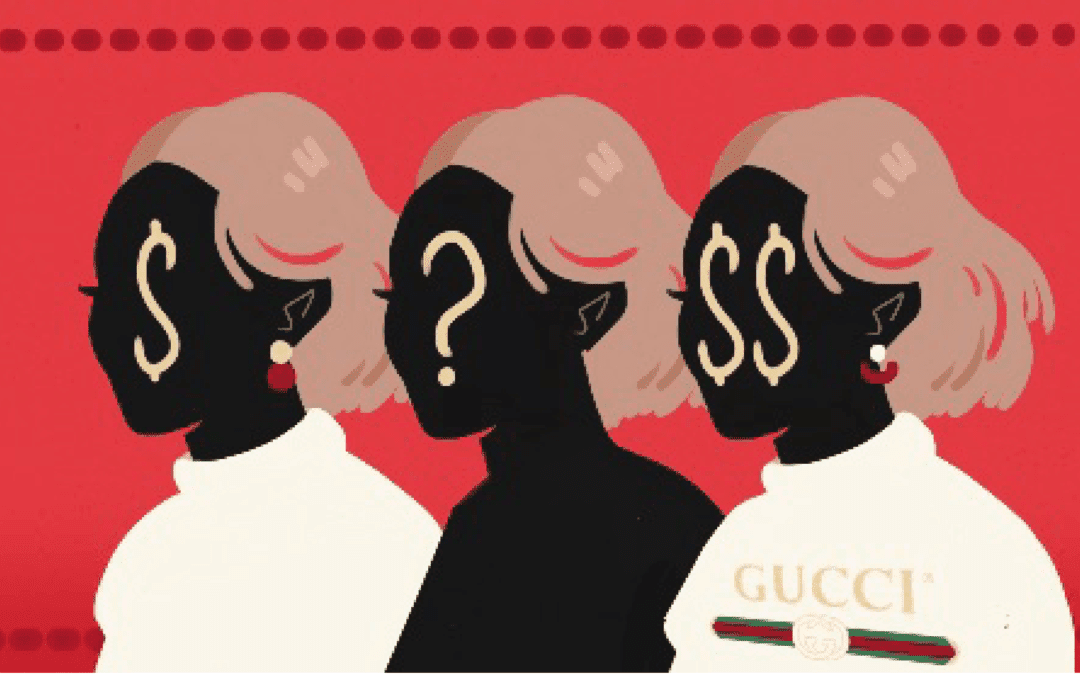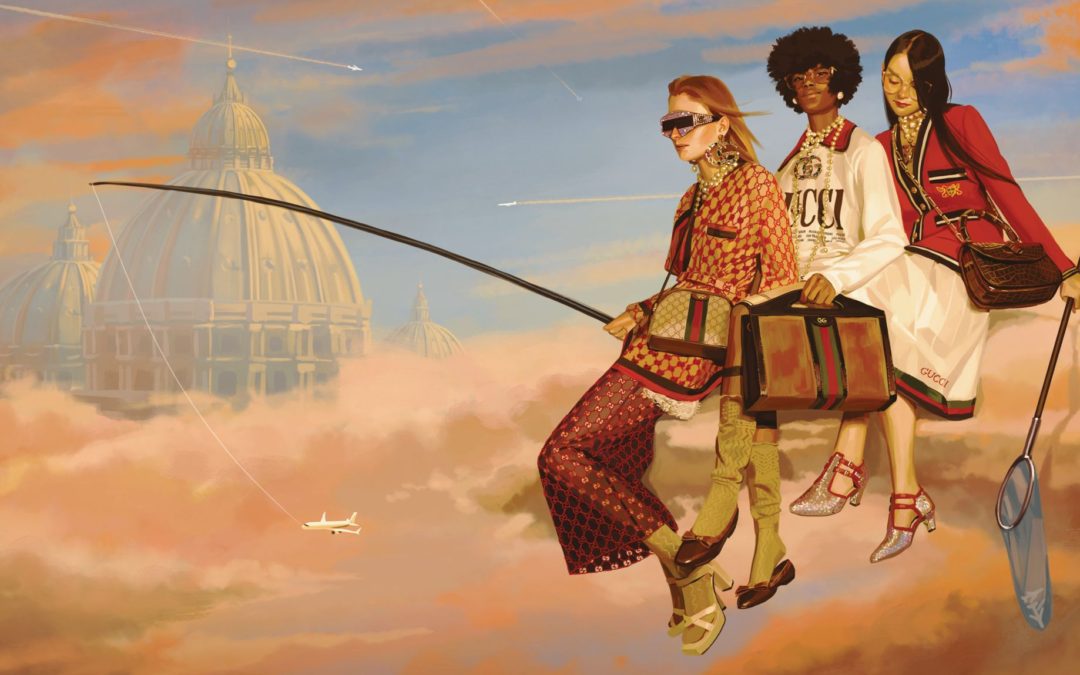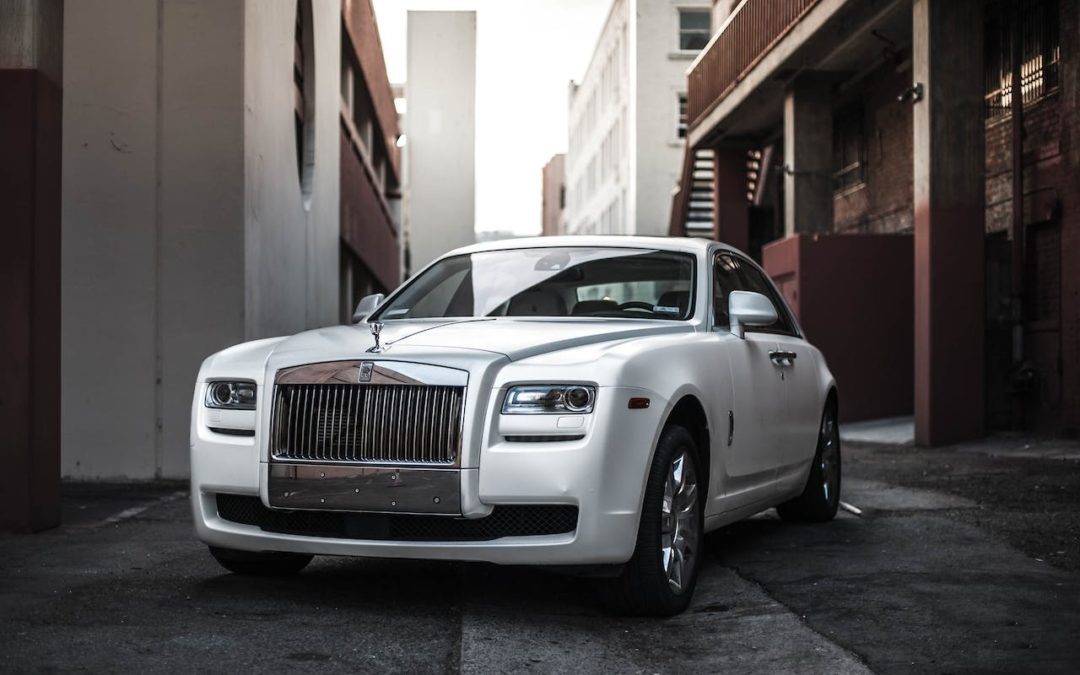13 Proven Luxury Branding Strategies for Success including Examples and Insights
There’s no doubt that the luxury goods and luxury industry is becoming competitive and the solution lies in proven luxury branding strategies, but luxury branding that drives results is not easy to implement.
Currently, the global luxury market is projected to reach a staggering $1.5 trillion by 2025, however, a whopping 82% of luxury brands struggle to create a consistent brand experience across channels according to Bain & Co.
In this article, we’ll analyze what makes luxury branding strategies a success and how Rolex, Louis Vuitton, and Hermès, among others, have implemented it and, why should you care about luxury branding, and how you can redefine luxury for your brand.
What's inside this article
Table of Contents
- What are the Core Elements of Luxury Branding Strategies?
- Brand Positioning
- Storytelling: Why is it Essential in Luxury Branding?
- The Seven Pillars of Luxury Branding
- The 4 P’s of Luxury Marketing
- Luxury Marketing Essential Concepts
- Unique Luxury Branding Strategies
- Luxury Branding Strategies Case Studies and Examples
- Future Trends in Luxury Branding
- Frequently Asked Questions
What are the Core Elements of Luxury Branding Strategies?
What is Luxury marketing and what is not?
Starting from the basics, luxury marketing is not about pushing products; it’s about curating an immersive brand experience that appeals to the differentiated tastes and values of high-net-worth individuals.
It’s the antithesis of mass-market tactics, focusing instead on exclusivity, personalization, and storytelling that resonates with the luxury consumer’s pursuit of the extraordinary.
What is Luxury Brand Marketing?
It is a series of strategies used to promote luxury goods and services targeting a specific set of consumer expectations and desires.
- TARGET AUDIENCE: High-net-worth individuals (HNWI) and aspirational consumers who are willing to pay a premium to own exclusive, high-quality products. Naturally, hard to find and may shift preferences (especially aspirational ones), which is why a data-driven strategy is essential.
- ALCE INSIGHT: Baby boomers were traditionally targeted since they focused on products, but now Millennials and Gen Z are predominant and 75% of them are now choosing experiences, indicating less income, a change of values or both (sources: Eventbrite and Kantar). This is forcing luxury goods to innovate offerings (e.g. repair services), experiential marketing or promos, virtual or hybrid events, among others.
- SCARCITY: A sense of exclusivity and limited availability
- ALCE INSIGHT: Now with Social Media, FOMO is essential along with aesthetic messages that can attract attention and desirability area priorities.
- PRICING: High prices impact brand image and it is part of the scarcity tactic.
- ALCE INSIGHT: The premium price must reflect quality. life-time value, and image, but always be aware of price sensitivity.
- BRAND IMAGE: Strong brand image and reputation is crucial, sustained by careful management with a well-defined brand identity and positioning of various brand touchpoints, advertising, product design, customer service, and online presence, according to Sotheby’s.
- ALCE INSIGHT: Luxury branding is expensive because of its maintenance. Sales representatives are really important since they can cover the systems or HQ’s faults as well as ongoing digital transformations.
In short, luxury branding strategies and the various ways of implementing those are what is called marketing tactics. They’re tailor-made to amplify the value and appeal of high-end products.
Some of these tactics include storytelling through heritage, limited editions, and artisan craftsmanship.
Brand Positioning
Before delving into the core Luxury Branding Strategies, it’s essential to understand the art of brand positioning in the luxury realm.
Successful brand positioning in the luxury market often revolves around themes of exclusivity, craftsmanship, and heritage.
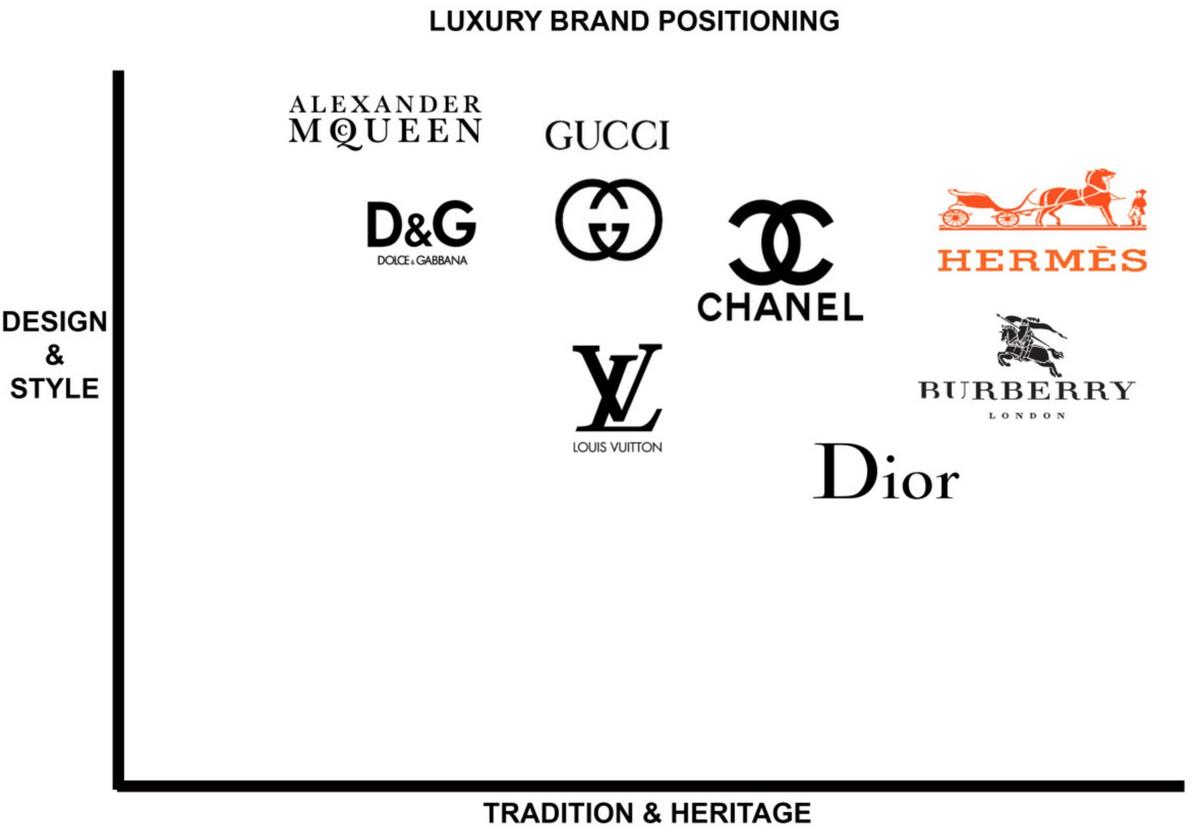
This ‘Brand positioning map’ illustrates the positioning of various luxury brands based on factors such as price, quality, and brand perception, the more tradition and design, the better results a brand gets.
Storytelling: Why is it Essential in Luxury Branding?
Luxury brands must carefully curate their brand image, aligning it with the aspirations and values of their target audience. This positioning not only differentiates them from competitors but also establishes an emotional connection with consumers.
Think of it not as telling a story, but as creating a world. A world where your brand is not just a product, but an experience.
For instance, Rolex has positioned itself as the epitome of timeless elegance, precision, and value (as an investment) appealing to consumers who value tradition and quality.
On the other hand, Moncler renowned for its outerwear, VERY popular in Japan, has positioned itself for its commitment to quality, innovation, and a fusion of urban style and outdoor performance escaping the outerwear-only perception through various strategies like Gen AI campaign below.
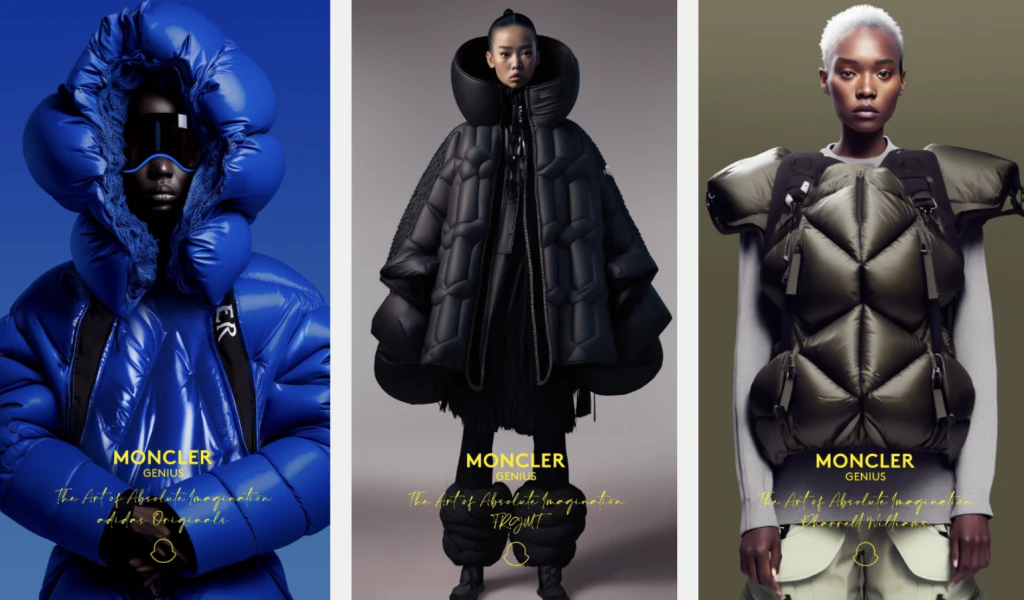
Moncler Genius’ AI-generated visuals for its Fall 2023 collection. An AI campaign was created to innovate their brand image. Source: Moncler Genius
Storytelling to Elevate a Luxury Brand’s Status
It essentially elevates an item from a mere product to a symbol of an ideal.
For example, Ferrari tells a story of speed, dominance, and pedigree each time it presents a new model. It makes owning a Ferrari seem like joining an exclusive club, where the entry ticket is not just money but the appreciation for luxury and performance.
On the other hand, brands like Hermès and Gucci emphasize their commitment to artisanal craftsmanship and responsible design in their narratives, reinforcing their unique offerings while aligning with the growing consumer demand for sustainable and ethically-made products.
It essentially elevates an item from a mere product to a symbol of an ideal.
The Seven Pillars of Luxury Branding
1. Craftsmanship and Quality
In luxury, craftsmanship and attention to detail is the central component. From the meticulous stitching of a Hermès Birkin (which can take up to 40 hours) [Source: Christie’s, yes, we checked!] to the mechanism design of a Patek Philippe timepiece. It is the brand’s commitment to excellence, a promise that every product requires a time to be produced, not just a commodity.
ALCE’S INSIGHT: Often consumers see the luxury product as an investment, something that sets them apart from other people. A Luxury brand strategy that helps the appreciation and a reinforcement of that investment is the communication of how the product is crafted. Take Hermès ad campaigns, they celebrate their artisans’ skills.

Hermès artisan meticulously crafting a Birkin bag, showcasing the intricate details and craftsmanship involved
Proven Luxury Strategy that Drives Sales: Attention to Detail
Craftsmanship in luxury branding is a measure of quality and prestige. It gives luxury consumers a reason to invest. Those details are fundamental to the storytelling that underlines the value of the product. It builds trust, maintains brand image, and elevates product value.
2. Heritage and Tradition
Luxury brands aren’t artificially created, they’re forged over generations, they aim to be a legacy. Think of Burberry’s iconic trench coat, a symbol of British heritage that has withstood the test of time since its inception in 1914.
Another example is Baccarat’s crystal masterpieces, each one representing centuries of French artistry dating back to 1764. In the luxury world, heritage isn’t just a marketing tactic; it conforms the brand and build its brand image.
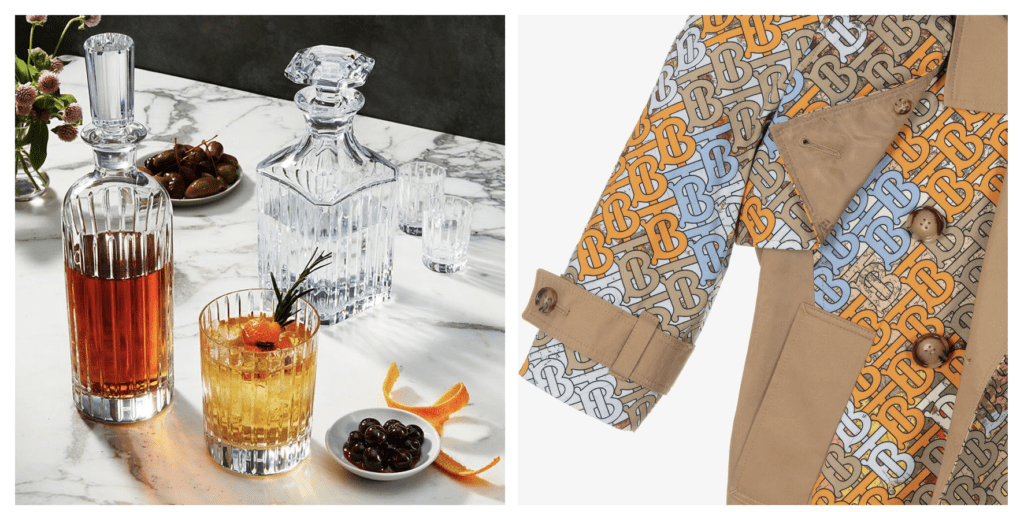
Baccarat and Burberry heritage are one of the Luxury Branding Strategies
3. Exclusivity and Rarity
Scarcity breeds desire, and luxury brands know this better than anyone. Limited editions, bespoke offerings, and exclusive collaborations are the holy grail of luxury marketing, creating a sense of urgency and anticipation that sends consumers into a frenzy.
Just ask the legions of fashionistas who camp out for the latest Hermès Birkin (with a waitlist of up to 6 years ) [Source: Business Insider] or the watch aficionados who covet Audemars Piguet’s limited-edition timepieces.
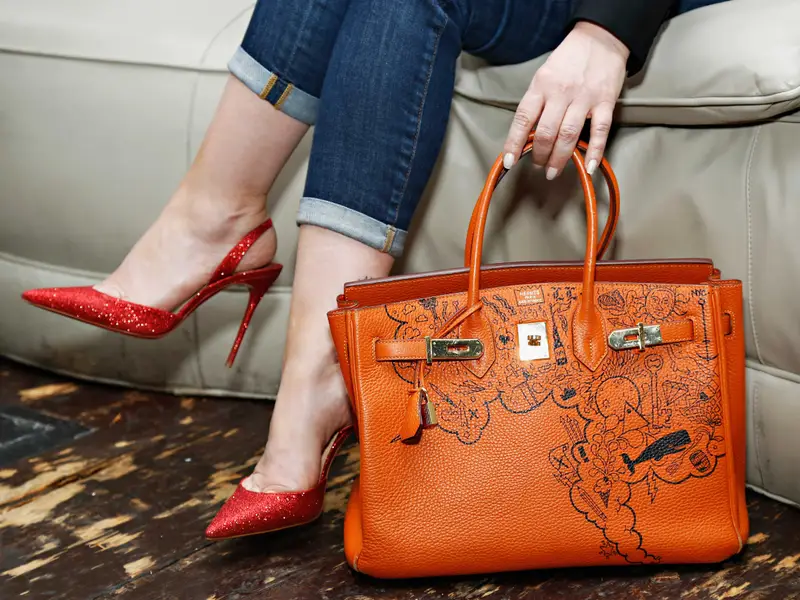
A Birkin bag has a waitlist of 6 years
Limited Editions & Exclusivity in Luxury Brands
Few things spur desire like the words ‘limited edition’. If you’ve ever longed for an item only to find it’s sold out, you’ve felt the effect of one of the most potent exclusive strategies in luxury branding and it is one of the most popular tactics for a brands’ success. in Asia, especially in Japan, they play a key role in luxury goods and events.
ALCE’S INSIGHT: Luxury brands use exclusivity to underline their status and use price to reinforce that brand status, and by extension, the status of the owner too.
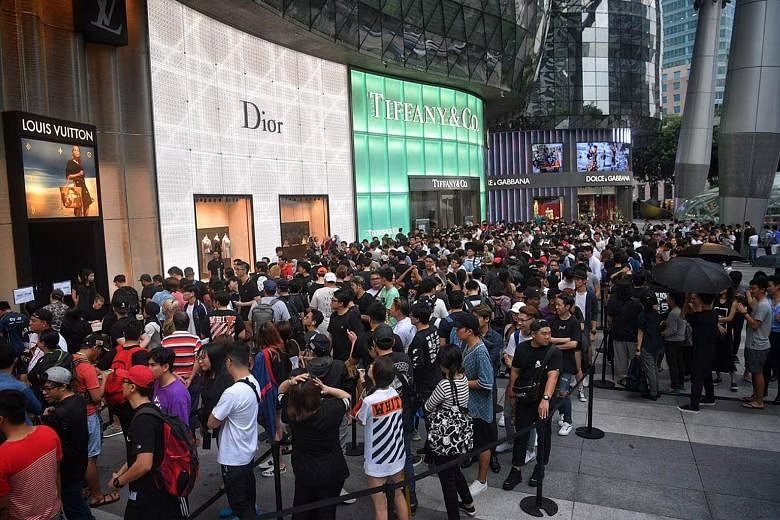
Scarcity and Limited editions in Asia definitely work
Scarcity & Anticipation in Luxury Marketing
Scarcity, or perceived scarcity, ensures brand relevancy customers and creates a sense of urgency that influences purchasing decisions using FOMO or the risk missing out. This principle is at the heart of many luxury marketing campaigns.
Similarly, anticipation is used by luxury brands to tease their launches. These teasers spark excitement and anticipation, increasing the buzz and desire for the product.
ALCE’S INSIGHT: Once the product is launched, the anticipation turns into fulfilment, further reinforcing the brand preference and loyalty. If we had to choose a couple of luxury branding strategies, these two are a must, since they conform the luxury brand’s identity and appeal.
4. Innovation and Modernity
While tradition is the foundation of luxury, innovation is essential. Brands like Tesla and Dyson have proven that luxury isn’t just about heritage; it’s about the expectation of constant innovation.
From cutting-edge materials to groundbreaking technologies, these brands have shown that luxury can be both timeless and cutting-edge, appealing to the consumer who seek quality and value out of a big investment.
5. Brand Identity and Recognition
In luxury a logo is not just a symbol; it is an icon that differentiates the brand and sets the buyer apart. Think of Tiffany’s iconic blue box (trademarked in 1998 ) or the Chanel No. 5 bottle, instantly recognizable icons that transcend mere branding and become cultural touchstones. A strong brand identity is the cornerstone of luxury marketing, a visual queue that communicates status, quality, and aspiration in a single glance.
6. Exceptional Customer Experience
Luxury isn’t just about the product; it’s about the journey. From the moment a customer steps into a Ritz-Carlton (consistently ranked among the top luxury hotel brands according to Forbes) or a Neiman Marcus, they’re enveloped in a world of unparalleled service and attention to detail.
ALCE’S INSIGHT: Every interaction and every touchpoint is meticulously designed to create an unforgettable experience that bypasses any objections and cements a positive perception of the brand for re-purchase and loyalty.
7. Sustainability, Ethics, and Social Responsibility
Luxury brands must be socially conscious and state in one way or the other, their environmental and ethical footprints avoiding any scandal related to ‘greenwashing‘.
Brands like Stella McCartney (a pioneer in sustainable luxury fashion ) and Patagonia have proven that sustainability and social responsibility aren’t just buzzwords; they’re essential components of a luxury brand’s identity.
By embracing ethical practices and eco-friendly materials, these brands have tapped into a new generation of conscious consumers who demand luxury with a conscience.
ALCE’S INSIGHT: This sustainability and ethics strategy is what’s driving growth and differentiation in luxury branding. This might be a permanent strategy reflecting the shift in priorities and evolution of the market.
In What Ways Are Luxury Brands Embracing Ethical Practices?
Now, this is interesting. Luxury brands are redefining the notion of ‘luxury’, adding responsibility to exclusivity. They’re exploring ethical sourcing, responsible manufacturing, embracing cruelty-free methods, endorsing fair-trade… basically offering ethical luxury to consumers.

Luxury Sustainability & Ethics
The 4 P’s of Luxury Marketing
Product: The Essence of Luxury
In the luxury world, a product isn’t just a commodity, but a high-quality product or service created with the utmost care and attention to detail. From the artisanal craftsmanship of a Hermès scarf (which can take up to 18 months to create) to the cutting-edge engineering of a Bugatti Chiron (with a top speed of 304 mph), luxury products are more than just functional; they’re emotional investments, imbued with a sense of exclusivity and desire that transcends mere utility.

Price: Reflecting Value and Exclusivity
In the realm of luxury, price isn’t just a number; it’s a statement. A declaration of value, exclusivity, and aspiration. Think of the iconic Hermès Birkin bag, a symbol of status and desire that commands a price tag of up to $2 Million USD [Source: Christie’s… yes we checked that too!].
ALCE’S INSIGHT: But for the discerning luxury consumer, that price tag isn’t just a barrier; it’s a guarantee of value, a testament to the brand’s commitment to quality and exclusivity.
Place: Curating the Luxury Experience
Luxury isn’t just about the product; it’s about the experience. From the moment a customer steps into an Apple flagship store (designed to impress and inspire) or a Tiffany’s Fifth Avenue flagship, they’re transported into a private world of luxury and indulgence.
Every detail, from the lighting to the music, is meticulously curated to create an immersive experience that reinforces the brand’s identity and elevates the act of shopping to an art form.
ALCE’S INSIGHT: This is one of the challenges of the industry, maintaining that privacy, exclusivity and personalization in digital, where everything is accessible and commoditized.
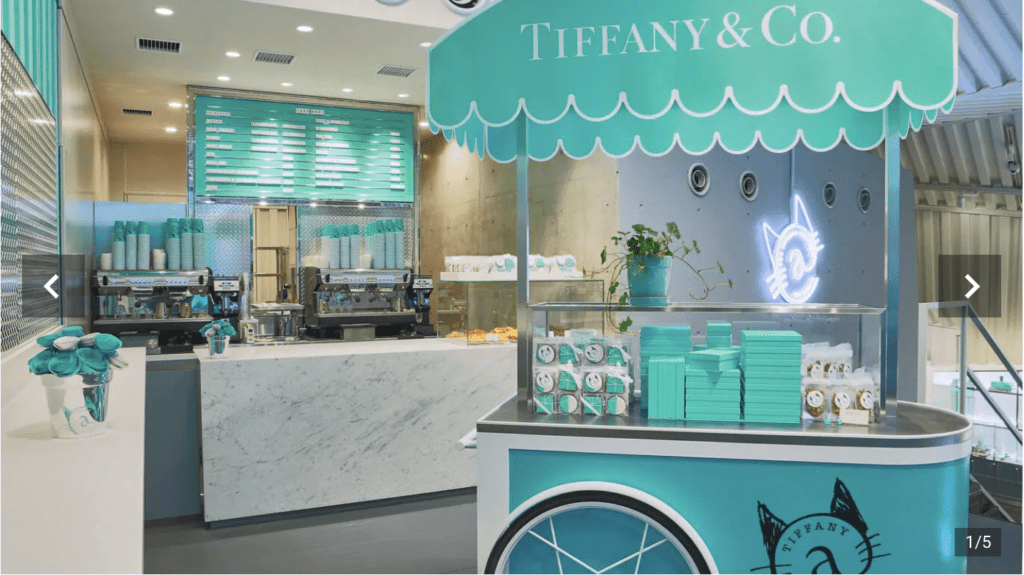
Tiffany Store in Fifth Avenue atmosphere replicated in Tokyo
Promotion: Storytelling and Emotional Connection
In the luxury world, promotion isn’t just about advertising; it’s about storytelling. It’s about weaving a narrative that transcends mere products and taps into the emotional core of desire. Think of Dior’s collaborations with artists and influencers (like their partnership with Travis Scott ), or Louis Vuitton’s iconic monogram, a symbol that has become synonymous with luxury and aspiration.
ALCE’S INSIGHT: By creating emotional connections and crafting compelling narratives, luxury brands don’t just sell products; they sell milestones, aspirations, and a sense of belonging to an exclusive club.
Luxury Marketing Essential Concepts
What are the 4 E’s of luxury marketing?
- Exclusivity: Fostering a sense of rarity and prestige through limited editions, bespoke offerings, and selective distribution channels.
- Emotion: Crafting compelling narratives that tap into the aspirational desires and emotional connections of affluent consumers.
- Experiential: Creating immersive, multi-sensory brand experiences that engage consumers on a deeper level, transcending mere transactions.
- Ethical: Aligning with the growing demand for sustainability, social responsibility, and ethical practices in the luxury sector.
What Are the 6 P’s of Luxury Marketing?
The ‘Marketing’ definition is updated regularly, in 2013 the American Marketing Association added to the 4Ps definition and now focuses on the idea of value, expressed by the new 4Es, where Experience replaces Product; Exchange is the new Price; Evangelism becomes the new Promotion and Everyplace evolves from Placement.
- Product: Embodying the essence of luxury through superior craftsmanship, attention to detail, and innovative design.
- Price: Reflecting the brand’s exclusivity and perceived value through premium pricing strategies.
- Place: Curating the luxury experience through selective distribution channels and immersive retail environments.
- Promotion: Storytelling and emotional branding that resonates with the aspirational desires of affluent consumers.
- People: Cultivating a team of brand ambassadors and customer service professionals who embody the brand’s values and deliver exceptional experiences.
- Purpose: Aligning with the growing demand for ethical and sustainable practices in the luxury sector, fostering brand loyalty and advocacy.
Unique Luxury Branding Strategies
Experiential Marketing
In a world where consumers crave authenticity and immersion, luxury brands are turning to experiential marketing to create unforgettable brand experiences.
From Red Bull’s extreme sports events (like the Red Bull Stratos freefall from the stratosphere) to Lexus‘s immersive test drives, these brands are breaking free from traditional advertising and creating experiences that engage all the senses, forging emotional connections that transcend mere consumerism.

Lexus Immersive Test Drive Ad Campaign
Influencer Collaborations
In the age of social media, influencers have become the new gatekeepers of desire. Luxury brands like Louis Vuitton and Dior have embraced this reality, collaborating with influencers and celebrities to create buzz and tap into new audiences.
Louis Vuitton x Supreme & Dior x Travis Scott
From the Louis Vuitton x Supreme collaboration (which generated over $1 billion in media impact value ) to Dior’s partnership with Travis Scott, these brands have proven that influencer marketing isn’t just a passing fad; it’s a powerful tool for staying relevant and connecting with a new generation of luxury consumers.
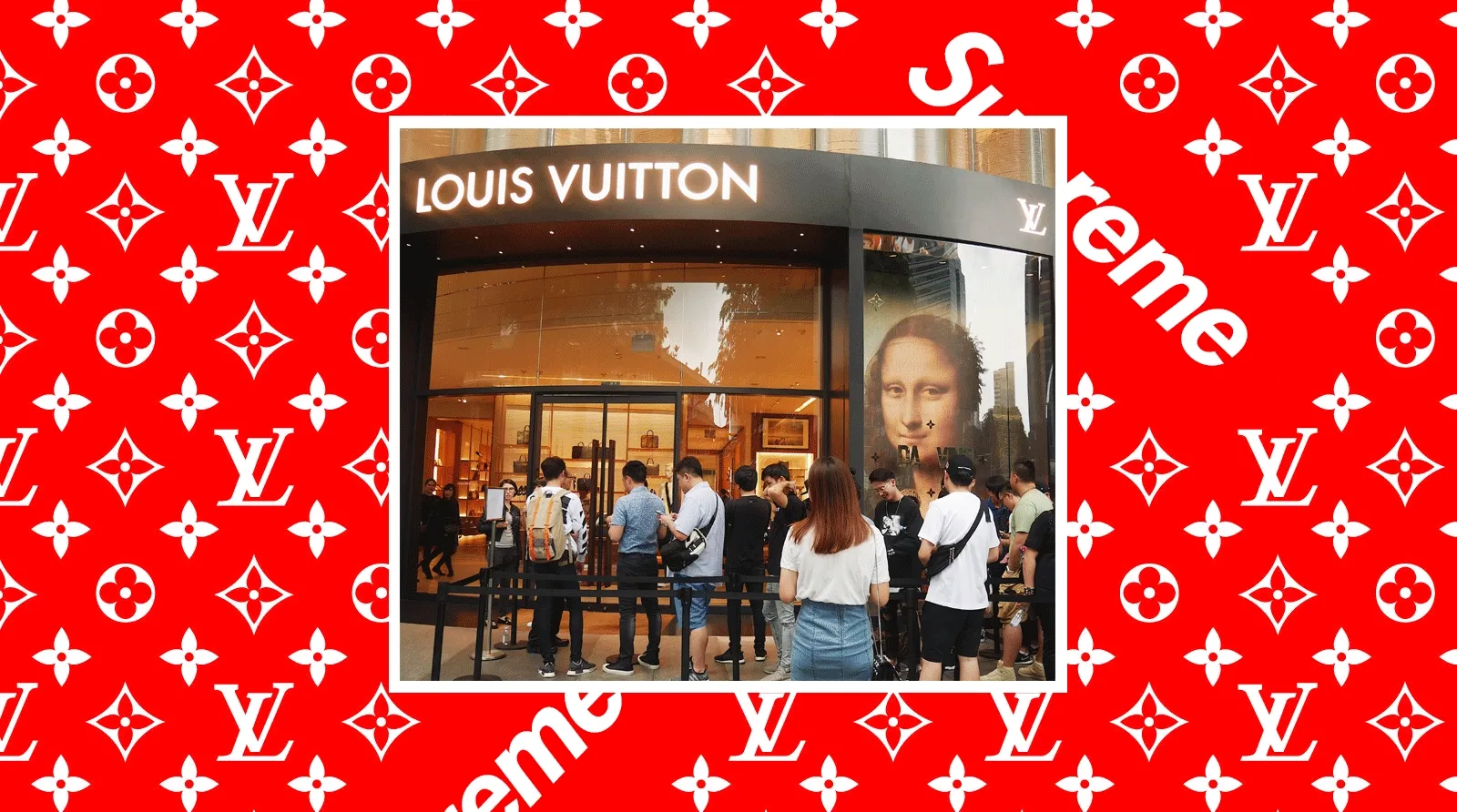
Digital Transformation
Technology is rapidly evolving and companies need to adapt quickly, luxury brands are embracing digital transformation to stay ahead of the curve.
Gucci Fashion Show & Balenciaga’s Virtual World
From Gucci’s digital fashion shows (which garnered over 35 million views according to Vogue) to Balenciaga’s virtual world, these brands are pushing the boundaries of what’s possible, creating immersive experiences that blur the lines between physical and digital.
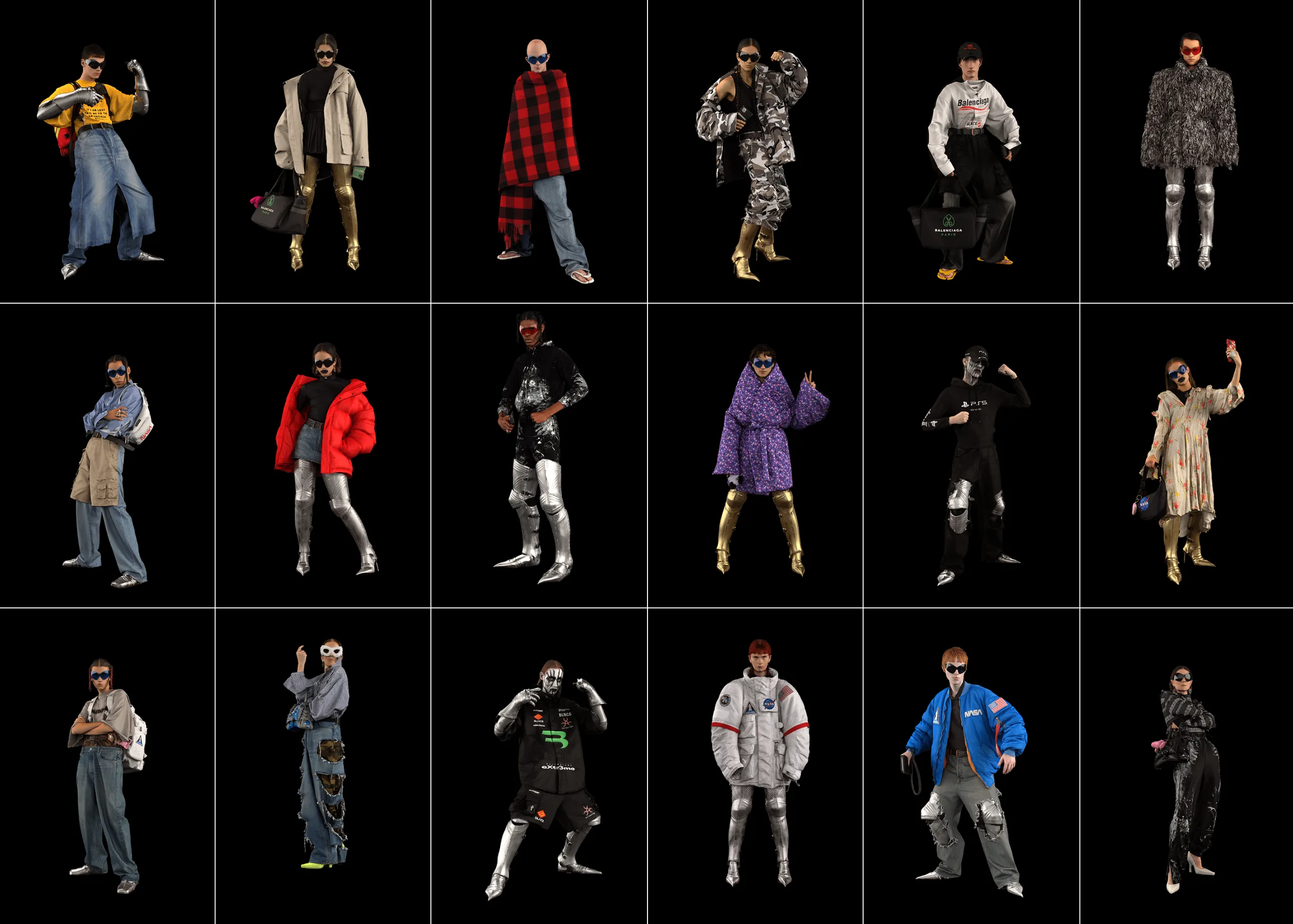
By embracing emerging technologies like augmented reality and virtual reality, luxury brands are future-proofing their identities and staying relevant in an ever-changing landscape. Source: Balenciaga and Gucci Virtual Fashion Shows (Yes, you can buy these styles!)
Luxury Branding Strategies Case Studies and Examples
What are Successful Real-World Luxury Brand Strategy Case Studies?
Rolex: Timeless Elegance
Rolex is the epitome of luxury branding, a brand that has mastered the art of storytelling and heritage. From their iconic “Perpetual” campaign to their unwavering commitment to precision and craftsmanship, Rolex has woven a narrative of timeless elegance that is not only watchmaking but a symbol of aspiration and success.
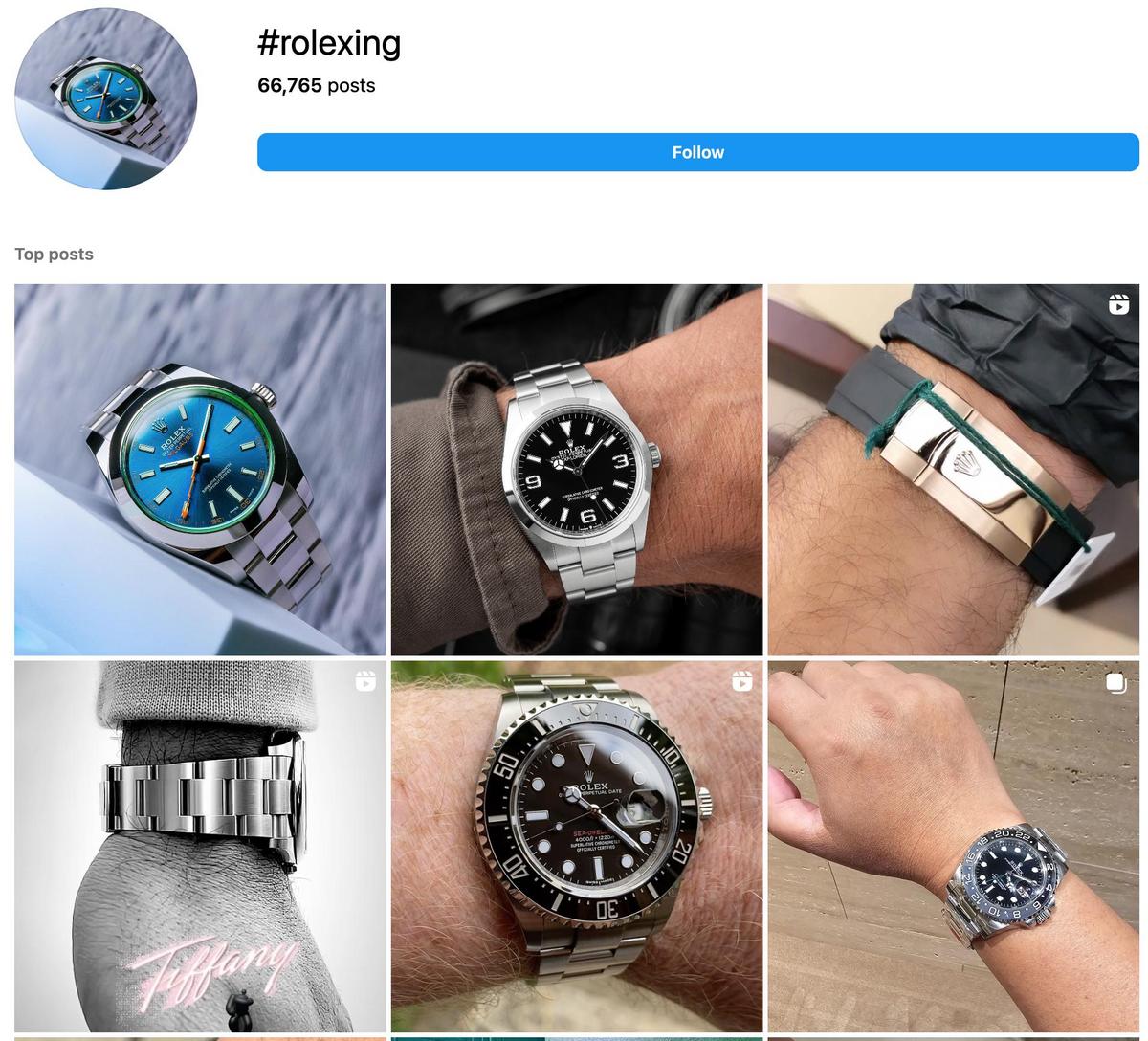
In Instagram, a hashtag or a verb was created, #Rolexing to describe the act of indulging in luxury.
Louis Vuitton: Iconic Monogram
Louis Vuitton’s monogram has evolved into an everpresent icon and symbol of luxury branding. The brand’s advertising campaigns have centred its marketing efforts into this brand asset.
One recent campaign was the collaboration with Japanese artist Yayoi Kusama, merging the monogram with Kusama’s signature polka dots. This fusion of art and fashion created a limited-edition collection that became an instant hit.

ALCE’S INSIGHT: LV has also leveraged social media to amplify the monogram’s reach with influencer collaborations and user-generated content UGC to foster a sense of aspiration and desire among younger audiences, influencing different generations.
Ferrari: Racing Excellence
When it comes to luxury car marketing and luxury branding Ferrari is top of mind. Their strategy leverages their rich racing heritage and commitment to performance, Ferrari has created a brand identity that relies on exclusivity and innovation. From their limited-edition models (like the LaFerrari Aperta, with only 209 units produced) to their cutting-edge engineering, Ferrari has proven that luxury can be both timeless and cutting-edge, appealing to the discerning consumer who craves the best of both worlds.
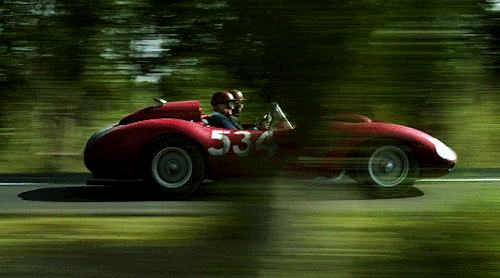 Movies are a key part of Luxury branding as well to portray heritage in “Ferrari” movie with Adam Driver
Movies are a key part of Luxury branding as well to portray heritage in “Ferrari” movie with Adam Driver
Hermès: Craftsmanship Par Excellence
In the world of luxury, few brands can match the artistry and craftsmanship of Hermès. From their iconic Birkin bags to their exquisite silk scarves, Hermès has built a brand identity that is rooted in the art of creation.
By celebrating their artisans and showcasing the meticulous attention to detail that goes into every product, Hermès has positioned itself as the ultimate status symbol transcending fashion and trends (unlike Gucci for example).

In fact, Hermès is so committed to craftsmanship that they have their own in-house leather workshop, where each Birkin bag is handcrafted by a single artisan in different countries.
Gucci: Embracing Sustainability
In a world where consumers are increasingly conscious of their environmental and ethical footprints, Gucci has emerged as a leader in sustainable luxury. By embracing eco-friendly materials and ethical practices, Gucci has tapped into a new generation of conscious consumers who demand more than just opulence; they want luxury with a conscience.
From their commitment to reducing waste (with a goal of achieving carbon neutrality by 2025 ) to their support of social causes, Gucci has proven that sustainability and luxury can coexist, creating a brand identity that resonates with the values of the modern consumer.
Related Articles: How to attract Luxury Customers : Luxury Marketing Strategy 2024 with examples
D’Usse Cognac
D’Usse, a luxury cognac brand, has a rather different approach. They partnered with an a branding agency like ALCE Labs, to create a festive narrative campaign. The campaign was a success, highlighting the luxury of the brand while involving their Global Brand Ambassador.
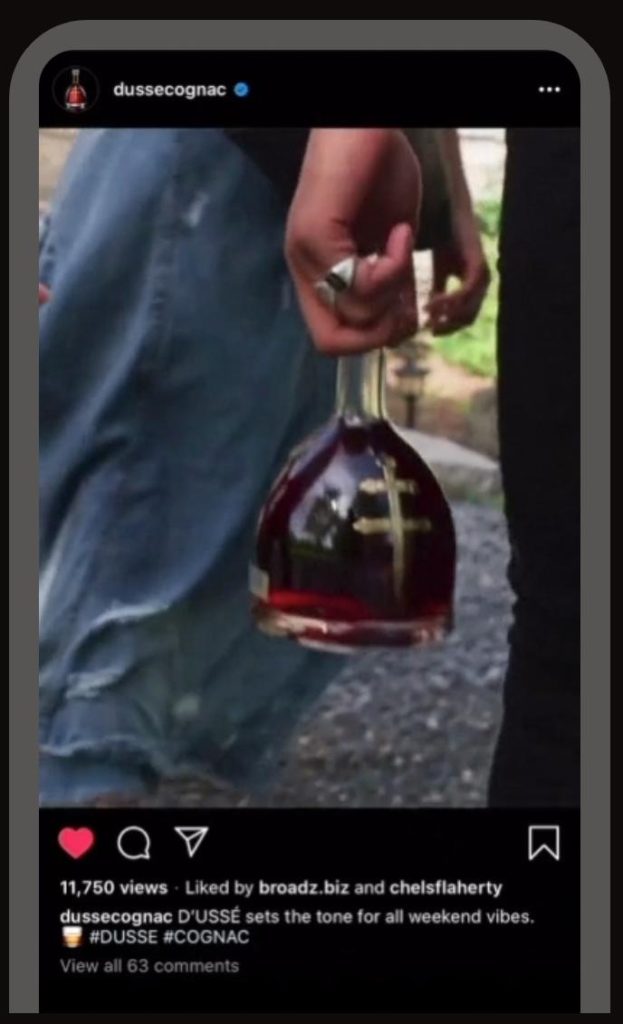
D’Usse Cognac ad campaign
Future Outlook and Emerging Trends
The future of luxury branding is changing CONSTANTLY (not yelling only stating facts).
Consumers are becoming more discerning, more conscious, and more demanding than ever before. To stay ahead of the curve, luxury brands must embrace the trends that fit with their brand and adapt.
Personalization: How Are Luxury Brands Embracing Personalization and Customization?
Luxury is not only high cost as a pricing strategy, it’s about offering unique customer experiences. And what could be more unique than products tailor-made to the consumer’s wants and desires?
Related: Top 8 Personalization of Digital Marketing in Luxury Examples
What Role Does Personalization Play in Luxury Marketing?
One word: emotion. By offering personalized products, luxury brands cultivate an intimate connection with clients. Through this, they tap into clients’ feelings, which when done right, enhances the overall brand image.
- Personalization & Customization: Brands offer bespoke or tailored services, personalized products, or even private shopping experiences. Be it designing a custom piece of jewellery, having a tailor-made fashion piece, or curating an exclusive shopping trip, brands offer experiences that you simply can’t get elsewhere.
- Digital personalization: From personalized website interfaces to AI-driven product recommendations, high-end brands are capitalizing on technology.
From Metaverse to “Quiet Luxury” in Crypto and Web3
In 2021, the Metaverse was at its peak, but now Luxury brands like Gucci, Louis Vuitton, and Dior are using “quiet technology” and instead of flashy NFT drops or virtual fashion shows, these brands are focusing on creating exclusive, high-end experiences for their customers.
Dior, Gucci, Louis Vuitton’s “Quiet Tech”
According to Forbes “Dior set a precedent in June – releasing sneakers with ground-breaking, in-sole authenticity enabled by blockchain – but without a single reference to Web3 or crypto. Louis Vuitton and Gucci promptly followed suit. Gucci first – sharing its runway show in its digital world, renamed ‘Ancora’, and Louis next, launching a discord server – ‘Via’ – to enable community and connection between NFT holders in later this year”.
ALCE’S INSIGHT: Brands jumped into crypto and NFTs and got burned, now they are more selective and are usiinvesting on what’s working. Additionally, this aligns with consumers wanting a more meaningful and exclusive experiences in the digital world. Brands can offer curated, high-end experiences to maintain their exclusivity and prestige while embracing the opportunities presented by physical / digital.
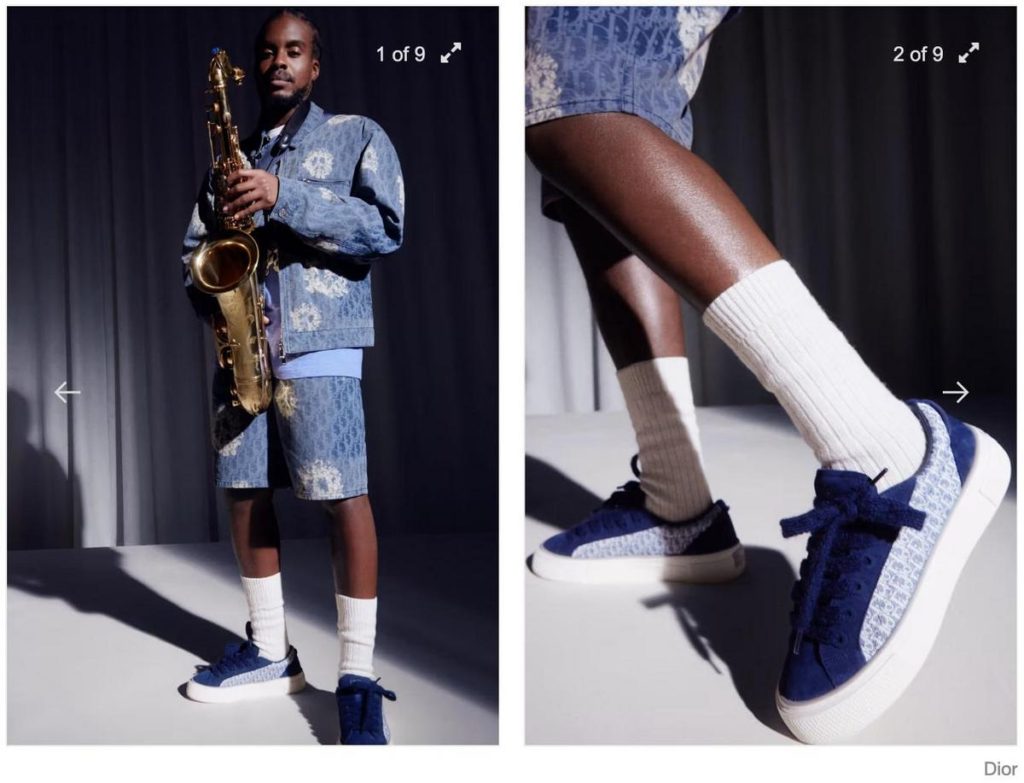
Based on HypeBeast, you can see those NFT soles that you can acquire now!
What it takes to Create a Sucessful Luxury Branding Strategy
In the end, the future of luxury branding will be defined by those brands that are willing to embrace change, challenge conventions emphasizing heritage, tradition, exclusivity and innovation, staying true to the core values and offer an exceptional customer experience is also key for building an emotional connection that fosters loyalty and re-purchase.
Whether it’s through, sustainable practices, personalization, or innovative marketing strategies, the brands that thrive in the years to come will be the ones that can adapt and evolve using (cutting-edge) technology while staying true to their essence.
Will you rise to the challenge and elevate your brand? Do you know what to do but don’t know where to start?
Let’s get in contact, we’ll be sure to analyze your situation and offer you solutions to start right away and increase up to 200% in sales!
Check this branding guide for more insights: The Ultimate Guide to Luxury Digital Marketing Strategy
FAQs
To see all the Questions and Answers click here
What Exactly Are Luxury Brands?
Luxury brands are more than just products; they are symbols of exclusivity, craftsmanship, and aspiration. They transcend functional benefits, offering consumers a gateway to a world of indulgence, prestige, and emotional fulfilment. From heritage-steeped icons like Hermès and Rolex to modern disruptors like Tesla and Dyson, luxury brands are defined by their unwavering commitment to quality, innovation, and the art of storytelling.
What Defines High-End Marketing?
High-end marketing is the core of luxury branding. It is a deep understanding of a brand’s legacy with the desire to create distinctiveness. What drives success is the balancing of tradition and innovation.
What Sets Luxury Brands Apart from Others?
We’ve mentioned it above with examples, but these are the foundations to set your brand apart and guarantee the success for luxury brands.
- Storytelling: The ability to tell compelling stories that resonate deeply with their target market, combining the alchemy of heritage, craftsmanship, and innovation that sets luxury brands apart from the rest.
- Brand image: We live in a world where a logo can redefine your status. Take Louis Vuitton’s monogram, for instance. It’s instantly recognizable and coveted by fashion lovers worldwide.
- Exclusivity: Often embodied in limited editions that create a sense of scarcity and anticipation. Gucci, for example, has led the way in this space, constantly reinventing their designs while making significant strides in sustainability and ethical practices, among luxury brands
- Luxury branding & Personalization: Customization plays a pivotal role. It gives brands the ability to bond with their customers on a deeper, more personal level. This bespoke approach amplifies the allure and desirability of luxury brands.
- Digital presence: An exquisite, user-friendly, and polished digital presence is indispensable. Luxury branding agencies like us, ALCE Labs, specialize in tailoring digital experiences that align with a brand’s unique identity, ensuring their online marketing efforts (campaigns, messages) mirror their offline differentiator.
What Role Does Heritage and Tradition Play in Luxury Branding?
Heritage and tradition are big parts of this world-building process. They help in creating an image of prestige and an air of exclusivity. These elements serve as the cornerstone upon which you can craft an inviting brand story. Luxury brands like Rolex and Louis Vuitton leverage their rich history and legacy to captivate consumers, fostering a deeper bond with them.
What Role Does Craftsmanship Play in Luxury Brands Marketing? How is Artisanal Craftsmanship Valued Among Luxury Consumers?
Craftsmanship in luxury branding is a hallmark of quality, rarity, and value which is the brand’s soul. When consumers buy a luxury product, they are investing in an object of art, a point of pride, crafted to perfection. In Hermès ad campaigns they celebrate their artisans’ skills.
Why is Attention to Detail Crucial in Luxury Products?
Attention to detail is what differentiates a luxury product. Let’s take Rolex for example. Their branding strategy focuses on precision, a small detail with a huge impact on the overall product’s performance. Also, Louis Vuitton embeds its iconic monogram, a small but significant detail, making their products globally recognizable at a glance.
Why is Exclusivity and Limited Editions Important in Luxury Brands?
Few things spur desire like the words ‘limited edition’. If you’ve ever longed for an item only to find it’s sold out, you’ve felt the effect of one of the most potent exclusive strategies in luxury branding and it is one of the most popular tactics for a brands’ success. in Asia, especially in Japan, they play a key role in luxury goods and events.
How Do Limited Editions Enhance a Luxury Brand’s Status?
The appeal of owning something rare has spurred the limited edition trend. Luxury brands use exclusivity to underline their status. “This item is in short supply, therefore it’s desirable,” the brand proclaims. The buyer responds, “Looking at this rare gem I own, I’m part of an exclusive group.” That’s a powerful emotion.
Why does it work? Well, selling a few items at a high price creates a sense of value. “This item is costly, therefore it must be worth it,” the buyer thinks. The price reinforces the status of the brand, and by extension, the status of the owner too.
What is the Role of Scarcity and Anticipation in Luxury Marketing?
Luxury branding strategies, predominantly around exclusivity and scarcity, play a pivotal role in building and maintaining the brand’s high status. They ensure the brands continue to be seen as rarefied, high-value, and highly desired entities.
They’re not just marketing tactics. They’re a crucial part of the luxury brand’s identity and appeal.
Why are Sustainability and Ethics Important in Luxury Marketing?
This strategy is what’s driving growth and differentiation in luxury branding. If we are talking about products its the sustainability of the materials and if we refer to luxury beauty products, it has to do with natural ingredients.
Sustainability in luxury advertising and ethical practices among luxury brands is what satisfies mainly Millennials and Gen Z and their consumption habits and consciousness.
Do Luxury Brands Align with Conscious Consumption Trends?
Oh, indeed they do! Luxury brands are battery-charging their sustainability game to keep in step with the changing preferences of their discerning consumer base. It’s no longer just about status symbols. More consumers now want to invest in brands that care about the planet as much as their excellent craftsmanship.
In What Ways Are Luxury Brands Embracing Ethical Practices?
Now, this is interesting. Luxury brands are redefining the notion of ‘luxury’, adding responsibility to exclusivity. They’re exploring ethical sourcing, responsible manufacturing, embracing cruelty-free methods. Plus, they are endorsing fair-trade, and whatnot! At the end of the day, it’s all about offering ethical luxury to consumers who expect nothing less.
So, as we see, sustainability and ethics are becoming critical in the luxury marketing world. And this trend doesn’t seem to be going anywhere.
What Did Rolex and Louis Vuitton Do to Stand Out from the Competition?
Take Rolex for instance. Their strategy revolves around timelessness. They evoke emotions with their iconic timepieces, making them symbols of aspiration. In every ad, they reiterate this – precision and timelessness in every tick.
On the other hand, Louis Vuitton has its iconic monogram – making each product instantly recognizable. They collaborate with artists and designers to keep their image fresh, while still preserving their rich heritage.
How Have Gucci and D’Usse Demonstrated Their Unique Approach to Luxury Branding?
Gucci, a giant in the luxury industry, aligns its branding with ethics and sustainability. Their fashion-forward designs are set within a frame of environmental responsibility. Consumers are not just buying a product, they are endorsing a cause.
D’Usse, a luxury cognac brand, partnered with a branding agency, to create a festive narrative. The campaign was a success, highlighting the luxury of the brand while involving their Global Brand Ambassador.
What Role Does Personalization Play in Luxury Marketing?
One word: emotion. By offering personalized products, luxury brands cultivate an intimate connection with clients. Through this, they tap into clients’ feelings, which when done right, enhances the overall brand image.
How Do Luxury Brands Customize Offerings to Customers?
Customization is more than just adding a monogram or selecting colors. It’s about creating a bond between the brand and its customers. They offer customers the liberty to shape their purchases. By allowing them agency in the design process, brands nurture an emotional connection with their customer base – a quality that’s invaluable in the world of luxury.
Think customizable signature bags or even unique car features. The customization possibilities are endless. Remember, the more customized a luxury offering, the more exclusive it feels, and exclusivity is the beating heart of luxury.
How Did Ferrari and Hermes Reinvented Luxury Advertising?
Ferrari is a case studying luxury brand advertising. Their strategy blends performance and prestige. They stress their racing heritage, bringing tradition and cutting-edge technology together.
Hermes goes back to their roots – artisanal craftsmanship. Their advertisements celebrate the artistry of their craftsmen, showcasing their unparalleled attention to detail.
All in all, luxury branding strategies are essential for success. Each brand tailors its approach, telling a unique story. In an oversaturated market, standing out is key.
TL;DR:
To see the key points click here
• Luxury branding strategies involve storytelling through heritage, limited editions, artisan craftsmanship, and digital presence.
• Successful luxury brands such as Rolex, Ferrari, and Hermes use narratives combined with unique positioning to resonate with their target audience.
• Exclusivity, embodied in limited editions and customization, is key to a luxury brand’s appeal, creating a sense of scarcity and bonding with customers on a personal level.
• Storytelling, blending tradition, heritage, craftsmanship, and ethical practices significantly boosts a brand’s status.
• Craftsmanship, attention to detail, and sustainability and ethics are becoming more important in luxury marketing to meet consumer demand for quality and responsible consumption.
• Personalization and customization play crucial roles, creating an emotional connection between the brand and customer and promoting a unique experience.
• Successful real-world strategies include Rolex’s focus on timelessness, Louis Vuitton’s globally recognizable monogram, Gucci’s ethical and sustainable practices, and Ferrari’s blend of tradition and innovation.

